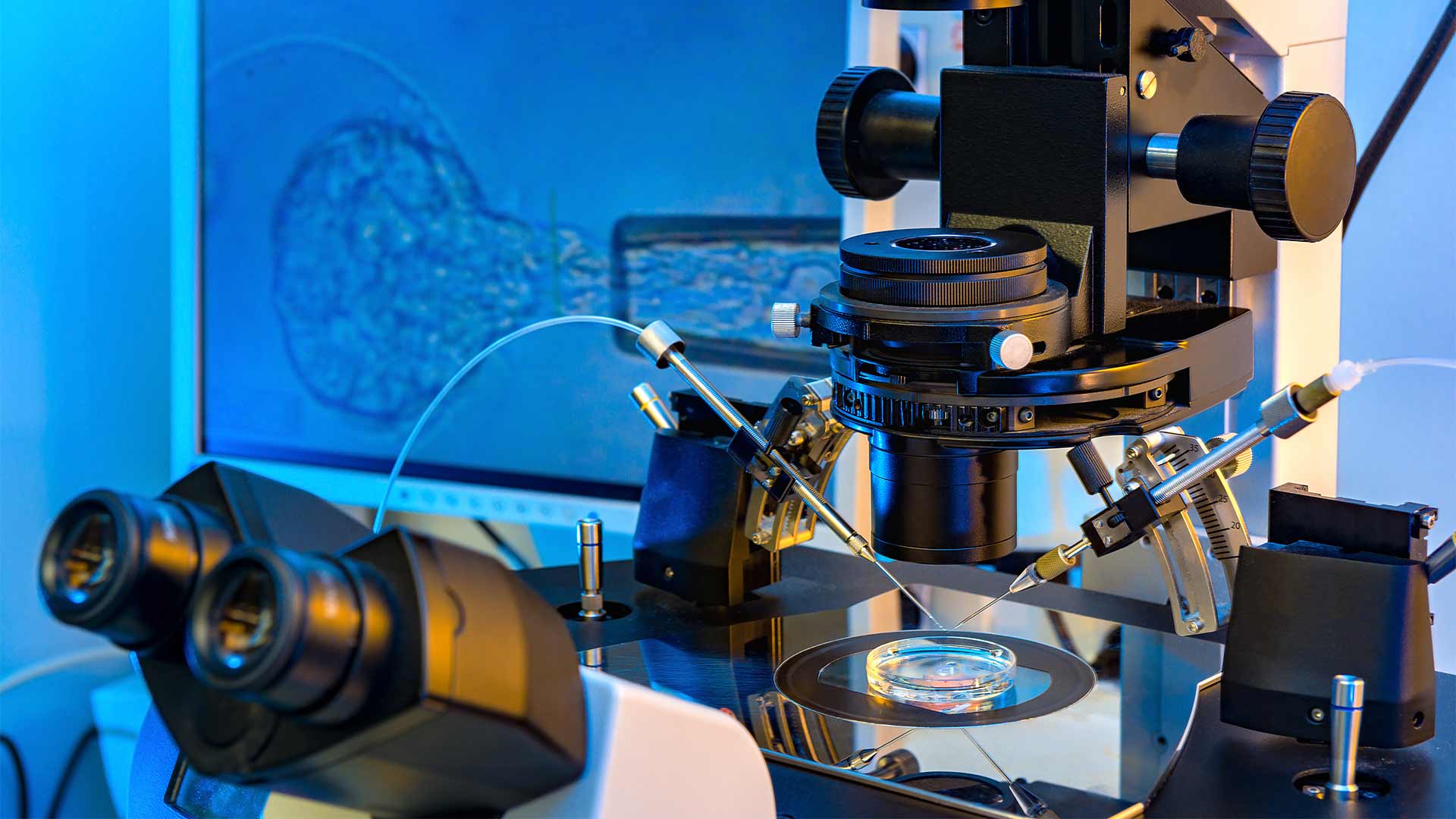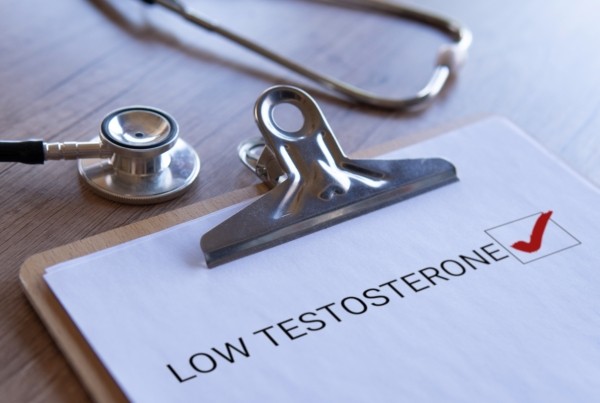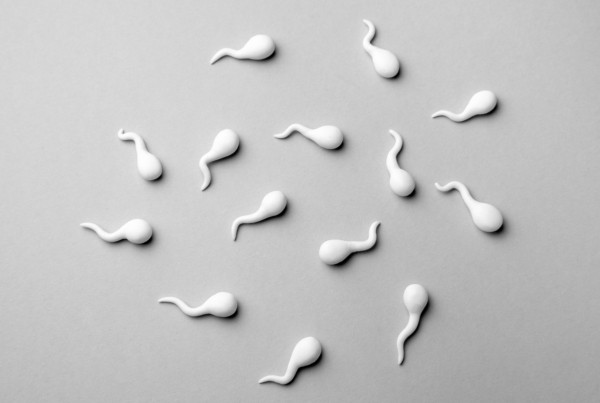Intracytoplasmic Sperm Injection (ICSI) is one of the treatment options for couples undergoing fertility treatment. It is a more complex type of IVF treatment, offering hope to couples for whom standard IVF may not be an option. Understanding the basics of ICSI can help you feel informed and better prepared for each step of the process.
What is ICSI?
ICSI is performed as part of an IVF cycle. Sperm and egg cells are retrieved, and the fertilization process takes place in a laboratory.
However, unlike IVF in which the sperm and eggs are placed together and left to fertilize, in ICSI, a fertility specialist injects a single sperm cell directly into one egg so that fertilization can occur. A doctor might recommend this type of fertility treatment if there is a reason or concern that sperm may have problems getting inside the egg.
Who is ICSI for?
ICSI was initially introduced as an extension of IVF, as it was found that in men with severe infertility, the chance of conception was greatly increased. However, the high success rate of fertilization associated with ICSI means that it is now used for couples with moderate male infertility, non-male factor infertility, or unexplained infertility.
ICSI may be recommended if:
- You have a very low sperm count
- You have sperm that do not move very well (poor motility)
- IVF has previously not led to fertilized eggs
- You need to have sperm collected surgically (rather than via masturbation) – this may be because you cannot ejaculate or because of a very low sperm count
- The sperm you use is not of a high quality
- Genetic testing is needed
What is the ICSI Process?
ICSI often requires the following steps:
- Pre-testing for both partners – for men this may include blood tests, sperm testing and testicular biopsy (if needed)
- Ovarian stimulation – your partner’s natural menstrual cycle is suppressed, and fertility drugs are prescribed to boost egg production
- Egg retrieval – eggs are retrieved from the ovaries during a surgical procedure
- Providing a semen sample – you will be asked to provide a semen sample via masturbation, or by surgical sperm retrieval
- Fertilization – one sperm from your sample is injected into an egg for fertilization to occur
- Genetic testing – if needed, genetic testing may occur following fertilization
- Embryo transfer – the best embryo is transferred to the uterus
- Pregnancy testing – your clinic will tell you when to do a pregnancy test, this is usually around 10-14 days after embryo transfer
What is the Success Rate of ICSI?
While ICSI is very successful in fertilizing an egg, this does not necessarily mean there will be a pregnancy. As with IVF, many factors can affect implantation of an embryo, and so the rate of success tends to be similar to that of IVF.
Other Considerations
ICSI is more labor-intensive, and this may therefore have significant cost implications. Additional tests may be incurred if you need to have surgical collection of sperm cells, or if the embryos will be undergoing genetic testing.
Occasionally, couples who are having IVF may be advised to convert to ICSI following egg retrieval or assessment of the semen sample.
If more than one egg and sperm are collected, your clinic may inject one sperm into each mature egg. This can lead to the fertilization of several embryos. You may need to decide how many embryos to transfer, and whether you wish to freeze and store the remainder.
Final Thoughts
ICSI is a type of IVF that gives some couples a better chance of becoming pregnant. However, while it can increase fertilization, the overall pregnancy success rate is similar to that of IVF. If you think you may need fertility treatment to have a baby, speak to your fertility clinic to find out if ICSI could be right for you.
If giving a sperm sample at a fertility clinic feels daunting, you can order a YO home sperm test to check the motility of your sperm at home. This may help you decide whether to proceed to a full fertility assessment.







